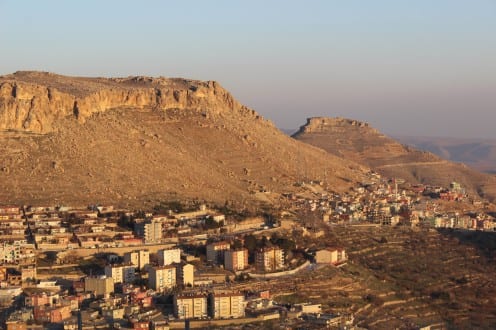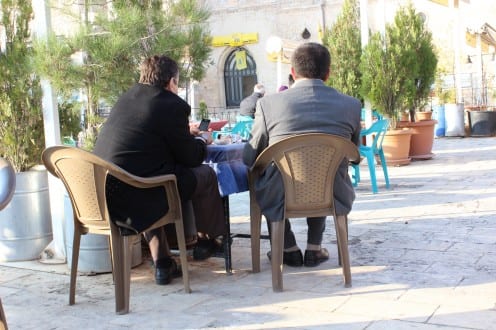Harassment and social media
By Elisabetta Costa, on 6 August 2014

Photo by Elisabetta Costa
As soon as I arrived in my field site, I was told by my first informants that Facebook is often used to prove to other people that their life is happy, full of happy relationships and lived accordingly with moral codes, especially when these codes are not followed in ‘real’ life. I genuinely understood what meant last month when one of my closest friends, a 27 year old Kurdish woman who came to work in Mardin from a nearby city, told me this story: her landlord and friend started to flirt with her although he had already a wife and three children, and one secret lover with whom he was regularly seeing on the weekend when his wife was busy looking after the kids. The love of two women was not enough for him, and the man started to invite my friend late in the night, by sending her messages via SMS and WhatsApp. After three days of harassing invitations and receiving negative but polite answers from the girl, she blocked his phone number. Then the man started to call her from anonymous phone numbers; the girl stopped the second number too and the man stopped harassing her. After a couple of weeks, the man called my friend and ordered her to leave the house without giving her any explanation. In one week, she had to find a new flat and to move all her furniture and belongings into a new place. She was basically evicted from her house because she didn’t agree to have an affair with the landlord.
During those weeks I followed Facebook postings of the landlord who is my friend on Facebook, and I have been surprised to see the way he had completely changed his behaviour online. For the whole year, he posted pictures of holiday trips with friends, food and politics; and suddenly he started to post pictures of him with his wife and wrote romantic and sweet words about his love for her. For the whole month, he was only sharing pictures and poetry portraying his happy family life and his happy marriage.
Men who cheat on their wives and harass girls are defined as şerefsiz (men without honour) by people in my field-site; and being without honour is one of the most common and worst derogatory definitions given to men. As people here take Facebook quite seriously, this social media platform is used as an important tool to prevent others from negatively gossiping about them and to improve their respectability. The days after the girl didn’t agree to have an affair with him, the man’s main concern was to protect his reputation, to avoid the spreading of rumors about him, and to protect the relationship with his wife. And Facebook was the most appropriate tool to do it.
 Close
Close





